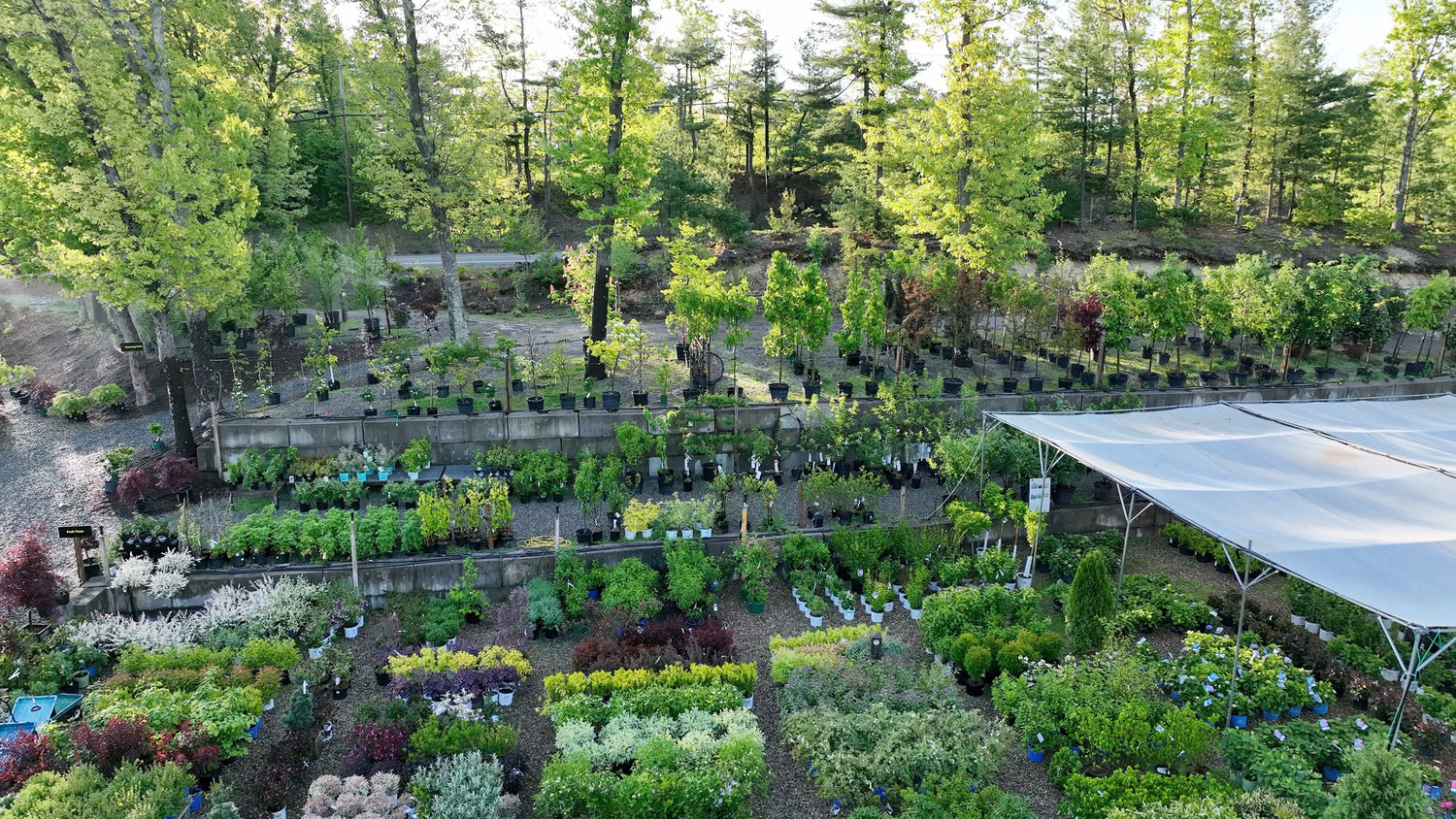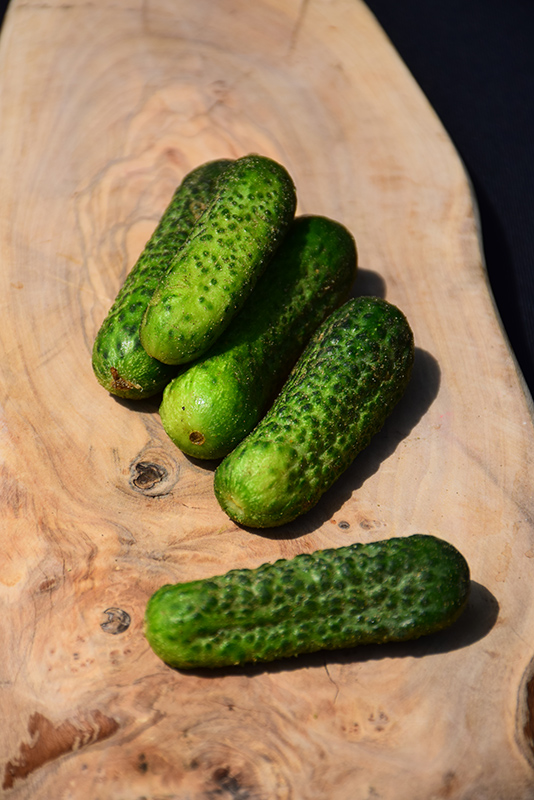Plant Guide
Height: 12 inches
Spacing: 24 inches
Sunlight:
![]()
Hardiness Zone: (annual)
Description:
A beautiful selection, producing high yields of small, dark green cucumbers with a crisp sweet flavor; thick flesh is ideal for pickling or adding to salads; best when harvested at 5" or less; best in ground and trellised
Edible Qualities
Gherkin is an annual vegetable plant that is typically grown for its edible qualities. It produces small dark green long cucumbers (which are technically 'berries') with light green flesh which can be harvested at any point. The cucumbers have a delicious taste and a crisp texture.
The cucumbers are most often used in the following ways:
- Fresh Eating
- Eating When Cooked/Prepared
- Pickling
- Canning
Planting & Growing
Gherkin will grow to be about 12 inches tall at maturity, with a spread of 6 feet. When planted in rows, individual plants should be spaced approximately 24 inches apart. Because of its vigorous growth habit, it may require staking or supplemental support. This vegetable plant is an annual, which means that it will grow for one season in your garden and then die after producing a crop.
This plant is typically grown in a designated vegetable garden. It should only be grown in full sunlight. It does best in average to evenly moist conditions, but will not tolerate standing water. It is not particular as to soil pH, but grows best in rich soils. It is quite intolerant of urban pollution, therefore inner city or urban streetside plantings are best avoided. This is a selected variety of a species not originally from North America.; however, as a cultivated variety, be aware that it may be subject to certain restrictions or prohibitions on propagation.
Gherkin is a good choice for the vegetable garden, but it is also well-suited for use in outdoor pots and containers. Because of its spreading habit of growth, it is ideally suited for use as a 'spiller' in the 'spiller-thriller-filler' container combination; plant it near the edges where it can spill gracefully over the pot. Note that when growing plants in outdoor containers and baskets, they may require more frequent waterings than they would in the yard or garden.



